Employees or Contractors – A Discussion on New Developments for App Transport and Delivery Platforms
The gig economy has become everyday occurrence in the past decade. It has also developed in a way exceeding what may be originally envisioned. From the consumer’s perspective, the ease of on-call services for transport and food delivery alike has led to an explosion in demand, with many newcomers to the market. There is extensive competition among different online platforms in winning over a customer base. The importance of such platforms is only cemented in the lockdowns brought by the COVID-19 pandemic, where people preferred to stay at home and order food delivery, and the relatively flexible working arrangements also allowed for an alternative source of income for people who have other employment. Some may have even joined as workers in this industry on a full time basis. With this new mode forming a significant economic sector of its own, legal implications on regulation and protection of workers have been extensively debated with legal changes in response to this form of business advocated. This article aims to discuss the major perspectives forwarded by different stakeholders to this industry, and new legal developments which may lead to changes in such business models.
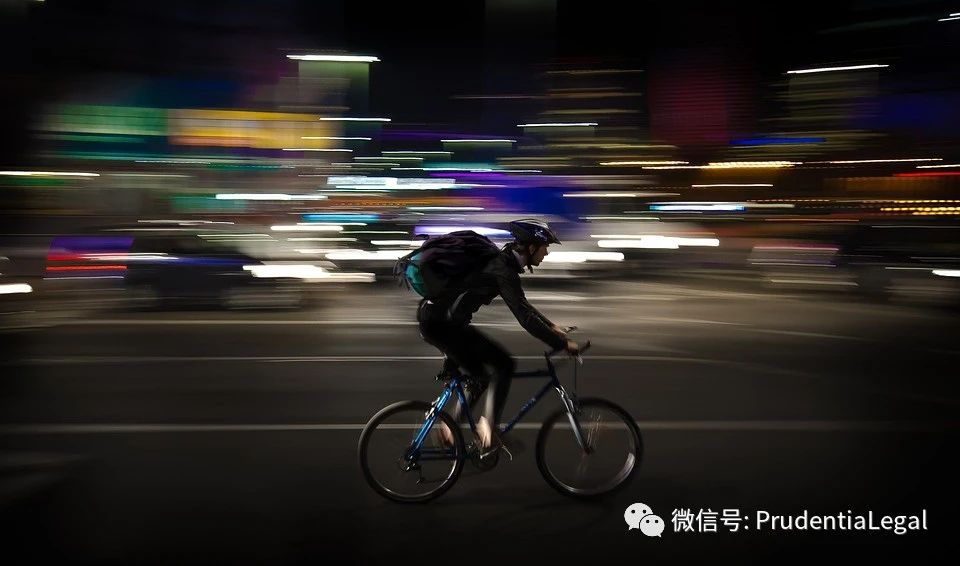
The key focus for such discussions is the categorisation of the individual drivers/delivery workers as employees of the app platforms or an independent contractor of their own that the platforms ‘outsources’ for performing the work. This is a basic distinction under contract law, which affect how contractual relationships are interpreted by courts. Without regulation, and in the objective to maximise profits, the choice for most platforms is to characterise workers as contractors that subscribe to the apps to avoid having to pay employee entitlements like holidays, sick leave and superannuation. There are varying degrees of control on the work arrangements of workers depending on different platforms, and it is likely that the law may arrive at different conclusions when examining arrangements of different firms.
Rideshare Drivers and Food Delivery Workers
The discussion should be divided between two dimensions: rideshare drivers and food delivery riders. While the two forms of businesses may be run by similar companies, the business model might be different, warranting different response. The mode of working for workers and working conditions may also be different.
For rideshare drivers, they provide their own motor vehicles, work within their own vehicles and are better protected from the elements. They have to bear the maintenance and up-keeping of their vehicles in this line of work. For food delivery riders, they usually use motorcycles or even bicycles and work under sun and rain, and have to leave their vehicle to deliver the food to the doorstep. Differences between passenger-carrying services and food delivery services may also include different licences required under the requirements of respective jurisdictions. This may affect the contractual relationship between the company and workers under these modes.
In terms of risks to workers, drivers of rideshare vehicles face different risks compared to riders engaged with food and other delivery platforms. To use Sydney as an example, it is a common sight to see bicycles bearing the logos of platforms criss-crossing city streets. The heavy traffic on Sydney’s narrow streets with a rugged topography means that such riders may be in great risk of personal injury. When coupled with the need to complete more deliveries to secure a higher pay, riders may subject themselves to further physical risks by rushing their deliveries. Another concern is that the use of bicycles do not require a licence or testing of road rules. For people who are joining as riders on a casual basis, this may mean that they are posing risk to themselves and other road users if they are not familiar with cycling on the road, especially considering that they are carrying load at the back. The writer has personally seen a rider on a bicycle on a trunk road who was not able to balance herself in the stop-start traffic and was nearly toppling.

UK Case: Uber BV and others v Aslam and others [2021] UKSC 5
In the United Kingdom, the Supreme Court has made a recent landmark decision on the occupational status of rideshare drivers with Uber. In that case, Uber drivers were determined to fit under the ‘worker’ definition under UK employment law, and is entitled to minimum wage, paid annual leave and other employment protections. It is to be noted that this designation is not the same as an ‘employee’ under UK law.
The main reasons of the court’s findings and relevant findings are summarised as follows:
On the facts, there was no indication that Uber in London was the drivers’ agent
The nature of the contractual relationship is not to be limited by wordings employed in contracts, as employment law is by nature to protect people who are in a ‘subordinate and dependent position’ against the other contracting party
Uber dictates the pay for drivers by setting the level of fares charged to passengers
Uber set out the contractual terms of the contract with drivers
Drivers have limited choice on whether to accept rides once logged into the Uber app, as there is penalty for refusal
Uber has quality control over performance of drivers and may terminate the contract with the driver for bad ratings
Uber prevents the driver from establishing a relationship with the passenger other than then for matters relevant to the immediate ride
From the above it satisfied the court that drivers were in a ‘subordinate and dependant position’ to Uber and could not improve their economic position (as opposed to true independent contractors who may innovate to improve their earnings), and therefore should be considered ‘workers’
Drivers would be considered to be working when they are logged into the Uber app and within the geographical area of their private hire vehicle licence
Subsequent to the Supreme Court decision, Uber has announced that it will pay drivers minimum wage, paid holidays and pensions, but only for the period when the drivers are carrying passengers and not including waiting time when drivers are logged on. This is not consistent with the Supreme Court decision. There has not been government action on enforcing the judgment as yet with regards to this discrepancy.
Australian Position
Contrasting the situation in the UK, recently in Australia Uber Eats settled its case with a former delivery rider in a case that will give judgment on the legal status of such riders. Previously at the Fair Work Commission the rider has been considered as an independent contractor.
As with other settled legal cases, the likely rationale for settlement is to avoid the uncertainty in the outcome of the litigation. The inference is that Uber would not want to provide the courts an opportunity to rule on the issue which may fundamentally affect their business model treating riders as independent contractors. This may be seen as an example of how legal change should be brought by new laws instead of by litigation, as there are always factors that limit the applicability of legal decisions (if there are decisions at all) while new laws designed from scratch may provide a more holistic solution to the concerned legal subject.
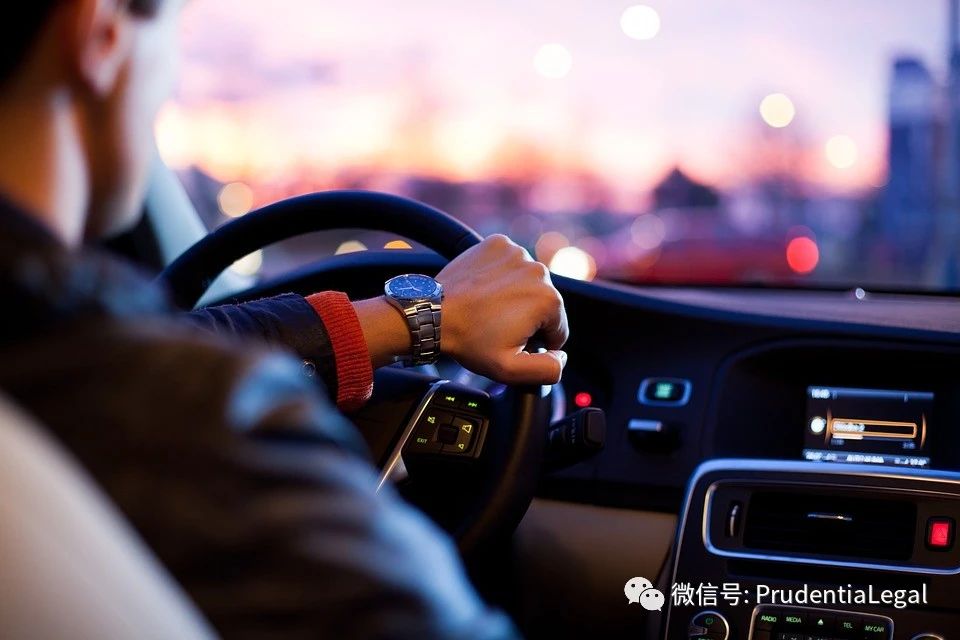
Following the settlement of the case, Uber Eats introduced a new form of contract where riders are to be given nominally more discretion in carrying out their work and require riders to have an ABN. There has been comments that this is to create the impression or at least arguable legal point that riders have sufficient control over their work to be considered independent contractors.
The New South Wales Government has been reported to be working on a new system which allows compensation to be available to workers who met accidents during their engagement with such delivery platforms. This is in response to recent road accidents where riders were killed while delivering food. However, this will not contribute to the general working conditions and pay of such workers, and of course we should prevent accidents in the first place.

Conclusion
As with many other social and legal issues, there are a multitude of perspectives to approach this issue. The form of economy allowed a flexible source of income for people who may require flexible employment arrangements. At the same time, many joined the sector treating this as a full time working arrangements with a relatively low barrier of entry. Many of the companies in this sector have not reached profitability throughout their years of operation. It would be a difficult act of balancing to ensure that regulation does not lead to loss of working opportunities while those who choose to so work may enter into contracts on more protective terms.
A point of note the writer thinks is of importance is how society wants to regulate such newer forms of participation in the economy. If decisions from the court states that such workers are contractors and not subject to employment protection, should the government enact laws offering employment protection? Even if the court rules that such workers are employees, would we want to have a formalised structure of regulation and not rely on judgments on a case-by-case basis? If certain people value flexibility over occupational protection, how can these be reflected in the legal system? These issues must be addressed by public discourse and by our legislators.
There is always a legal dimension to public policy discussions, as it is ultimately the law that gives effect to policies. To seek change is to seek change in law and the regulatory framework, and therefore it is important to have a broad understanding of the law. It is important that a participant in the civil society engage in these public discussions, as big changes often depend on small steps and the contributions one may make from the unique perspective of every person is an enrichment to the democratic society.
Reference
Uber BV and others v Aslam and others [2021] UKSC 5
https://www.supremecourt.uk/cases/uksc-2019-0029.html
New taskforce led by SafeWork NSW and Transport NSW on food delivery riders:
Research on work health and safety characteristics in the gig economy:
https://www.centreforwhs.nsw.gov.au/Projects/gig-economy-roles-and-responsibilities-in-whs

Please note: The content of our publication is intended for general information purposes only, and should not be construed as legal advice on any matter. Please contact our firm for discussion of your particular circumstances.

相关内容
-
 详情
详情Avoiding Fraud – Importance of Legal Advice Illustrated by Two Cases
Avoiding Fraud– Importance of Legal Advice Illustrated by Two CasesPrudentia Legal: Edmund Leung2021-09-10Believing in the wrong person may lead to significant consequences, as once again demonstrated in recent cases in our firm. Sometimes mistakes may even compound on each other to rea
-
 详情
详情Temporary changes States have made to signing, witnessing or attending to documents
-
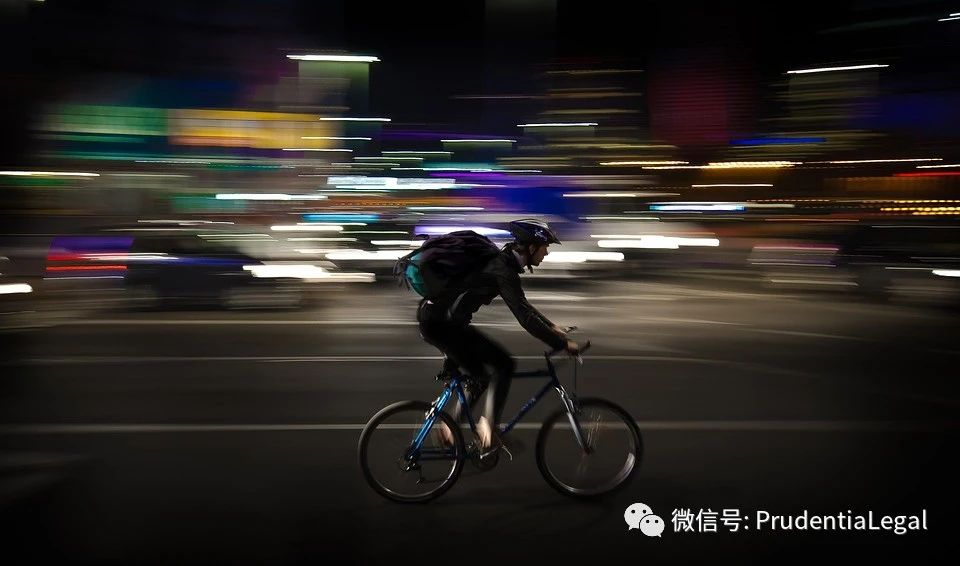 详情
详情Employees or Contractors – A Discussion on New Developments for App Transport and Delivery Platforms
The gig economy has become everyday occurrence in the past decade. It has also developed in a way exceeding what may be originally envisioned. From the consumer’s perspective, the ease of on-call services for transport and food delivery alike has led to an explosion in demand, with many newcomers t
-
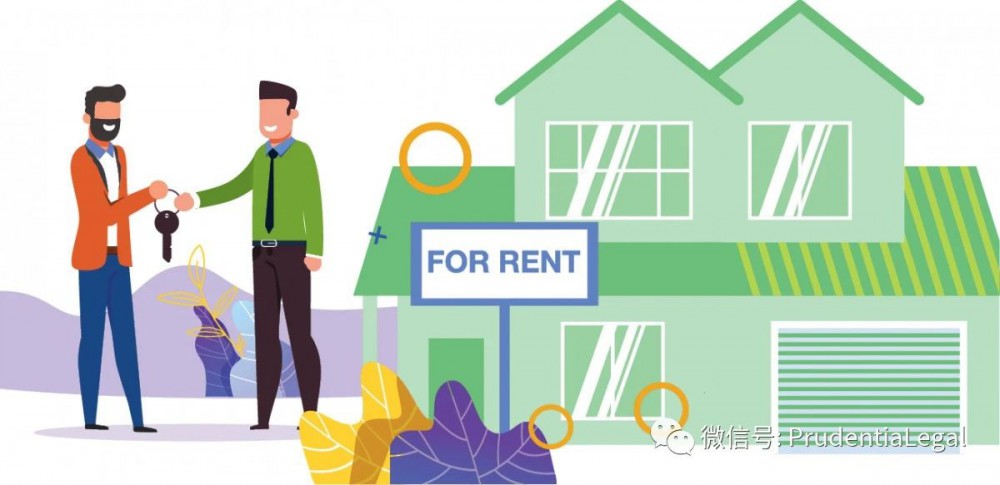 详情
详情Summary of changes to the new VIC Residential Tenancy laws
The start date of the Residential Tenancies Amendment Act 2018 (the “ACT”) which outlines the framework of Residential Tenancy laws has been delayed due to coronavirus (COVID-19), with the amendments to be introduced by 29 March 2021, rather than the original 1 July 2020. The Residential Tenancies
-
 详情
详情Acting as Witness in Legal Proceedings
While direct involvement in criminal matters or civil litigation might not be that common for a person of the general public, it might well be possible that you have witnessed a crime or an event, and may be required to give evidence in court as a witness. What does being a witness entail? Speaking
-
 详情
详情Child Maintenance Trust
Division 6AA section 102 AG of the Income Tax Assessment Act 1997 (Cth) provides that a Child Maintenance or Child Support Trust (“CMT”) can be established following a relationship breakdown. Simply speaking, A CMT is a discretionary trust specifically set up to provide support for a child (or chi
-
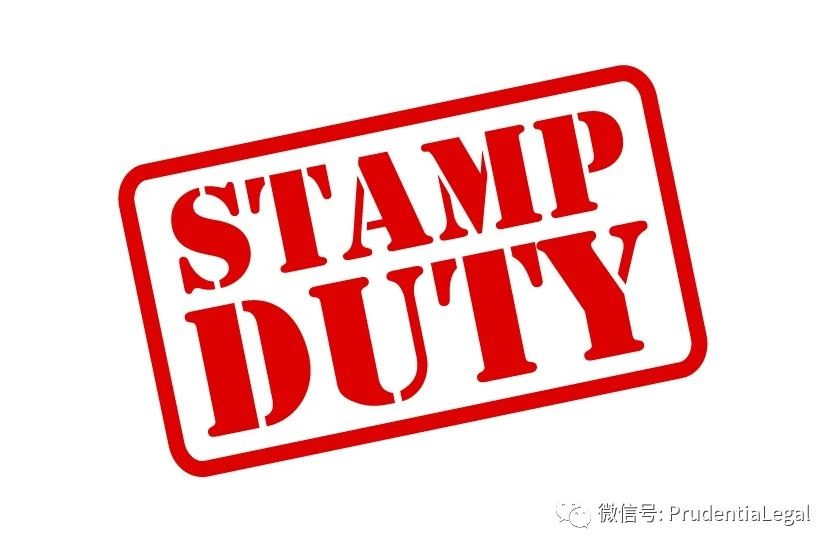 详情
详情Recent Changes to NSW Stamp Duty and Land Tax Policies
Stamp DutyThe New South Wales government has previously announced that they are introducing new legislation to increase the threshold amount for offering stamp duty exemption or reduction for first home buyers, such that purchasers of higher-priced properties may also benefit. This policy change has
-
 详情
详情House and Land Package – Some tips to share
House and Land Package – some tips to shareIntroductionIt’s noted the “house and land package” in the property market has maintained its popularity over the years. It’s difficult to find a brand new four-bedroom free-standing house within a 30 km radius from the Sydney CBD under $1 millio
-
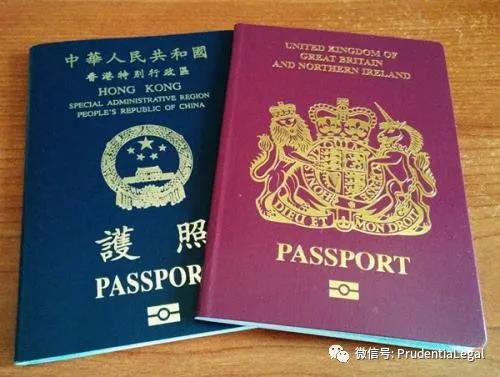 详情
详情New Australian Visa Policies Applicable to Hong Kong
The Prime Minister of Australia, the Honourable Scott Morrison MP, has announced yesterday that new visa policies and measures aimed to attract students and business talents from Hong Kong to Australia, and allow them to stay in Australia, will be offered to “Hong Kong passport holders”. It is not
-
 详情
详情Off-the-plan Stamp Duty Concessions in Victoria
The state of Victoria, specifically its capital Melbourne, has many high-rise and multi-occupancy residential developments completed and ongoing. Regeneration and redevelopment projects resulting in high-rise skyscrapers have dramatically changed Melbourne’s skyline in the past decade. Such multi-o
-
 详情
详情Intervention Orders In VIC
An individual (the applicant) (or police department but today we only talk about the individual application) may apply for an intervention order in the Magistrates Court of Victoria which places legal restrictions upon another individual (the respondent) and prohibits the respondent from engaging in
-
 详情
详情Preparation of Contract for the Sale and Purchase of Land in New South Wales
A contract for the sale and purchase of land (Contract) comprises three sections: The first being the substantive contract, usually the standard contract drafted by the Law Society of New South Wales and the Real Estate Institute of New South Wales, containing general conditions; the second being th